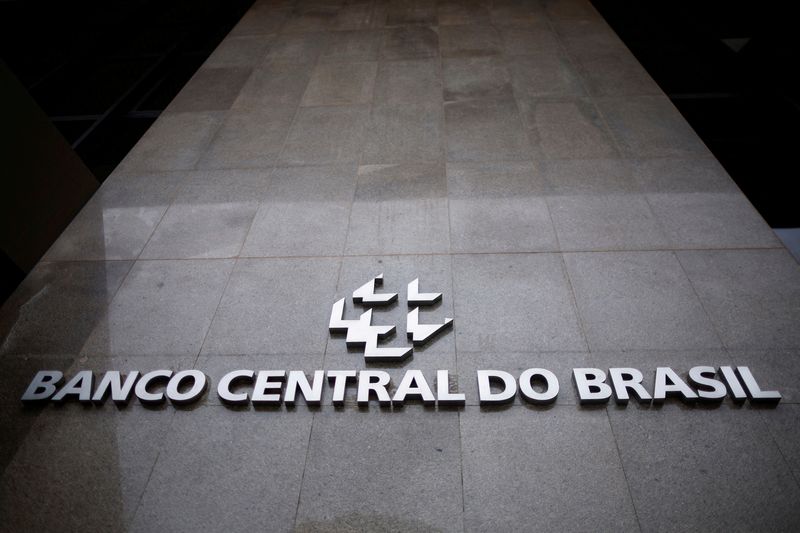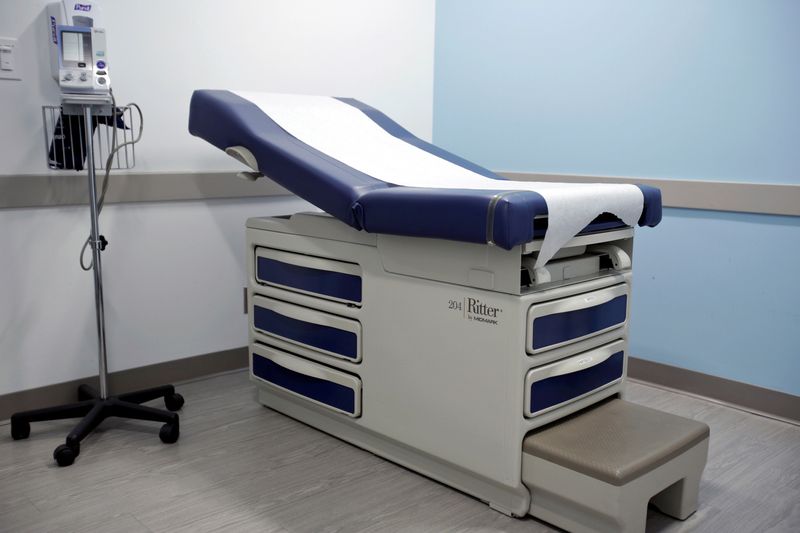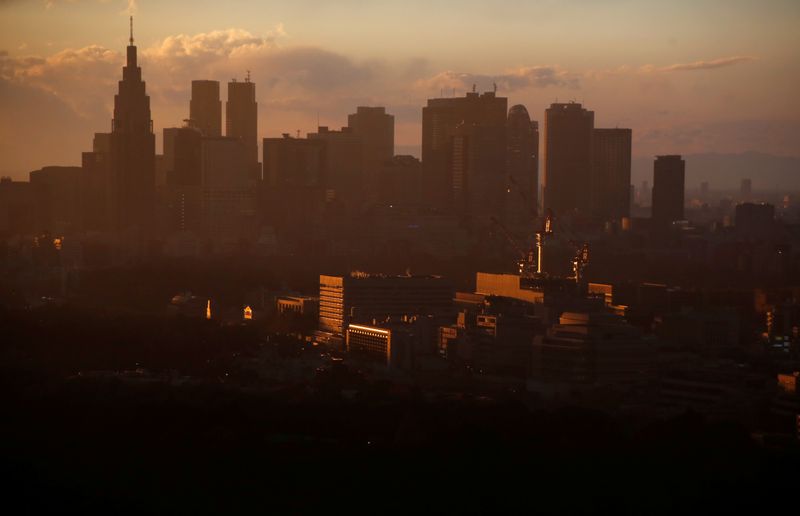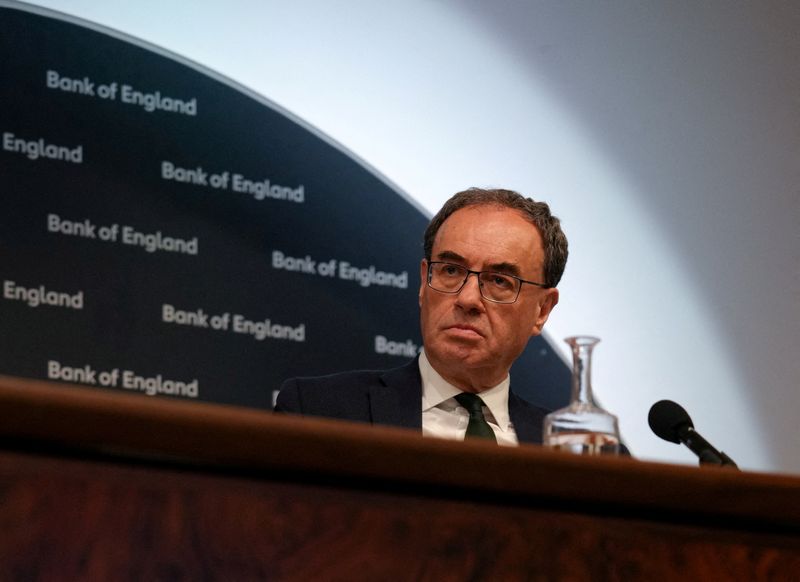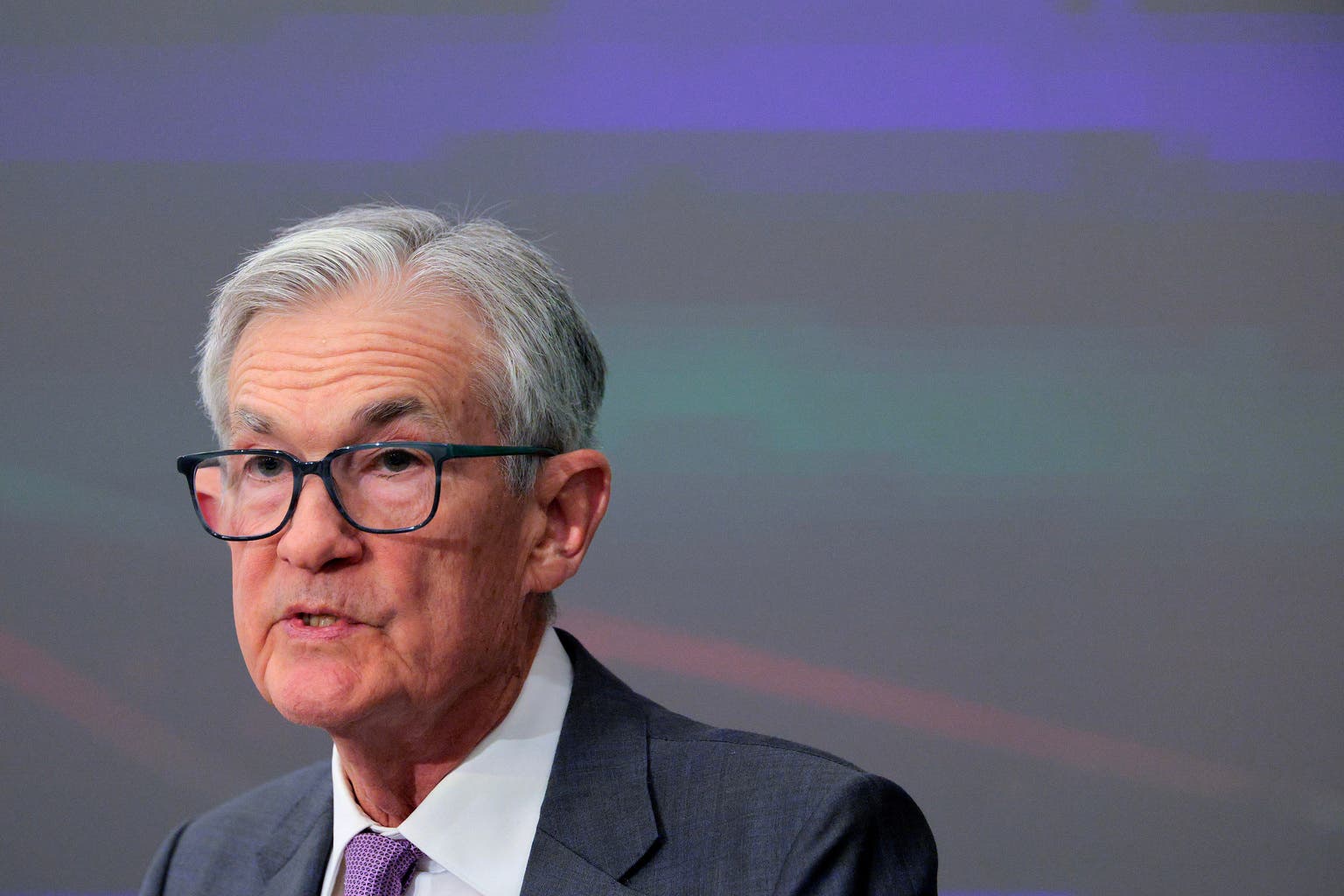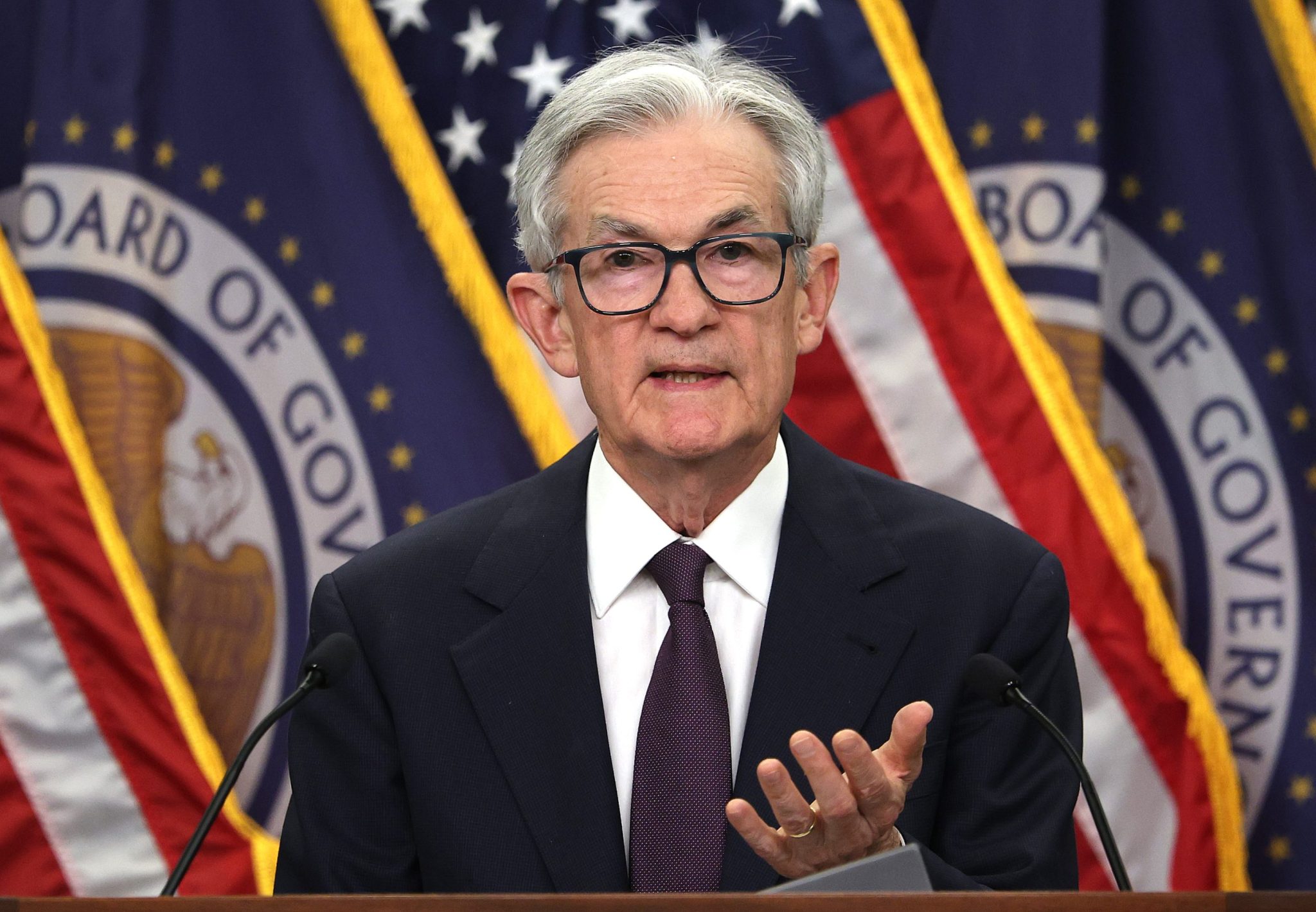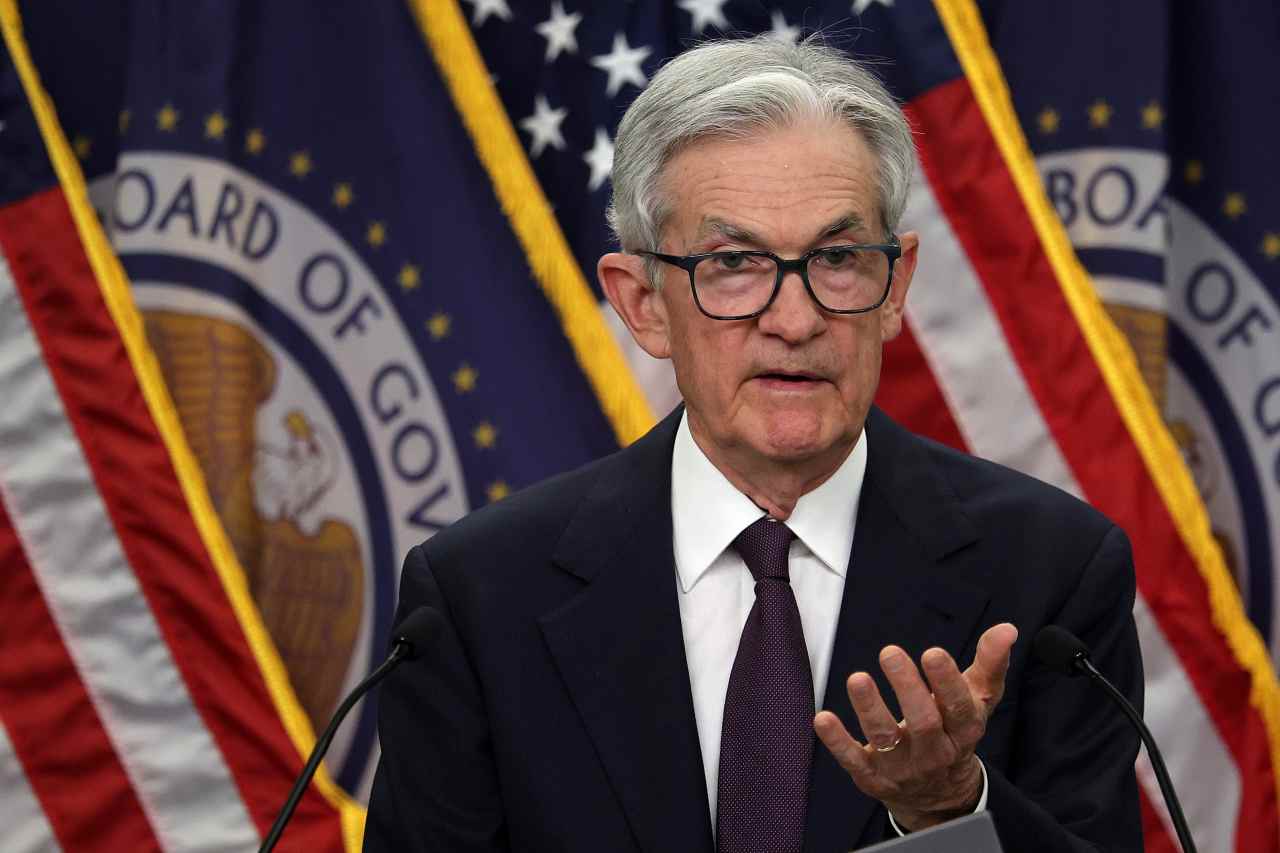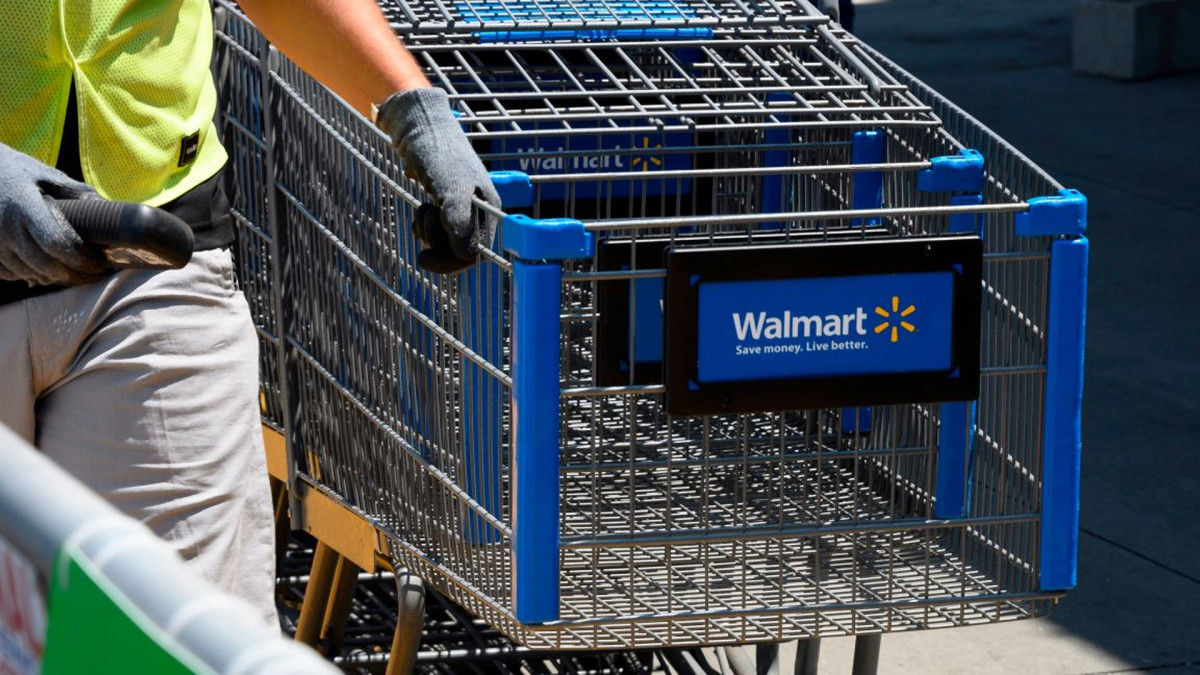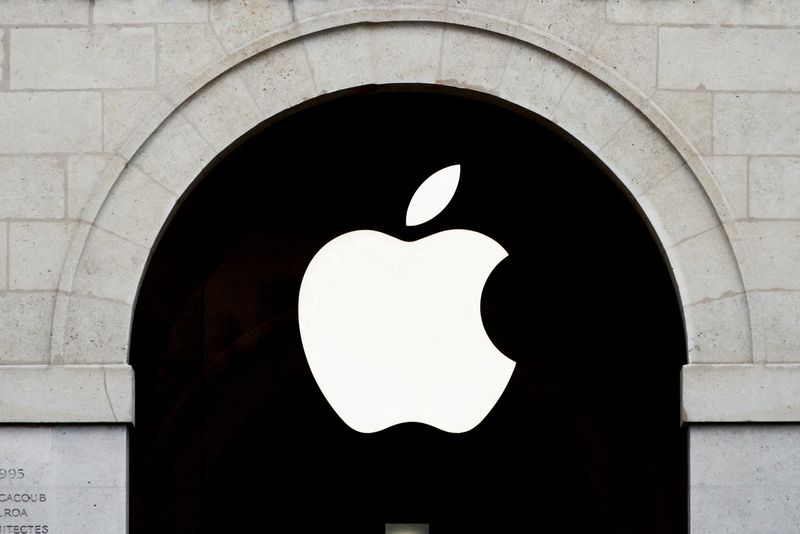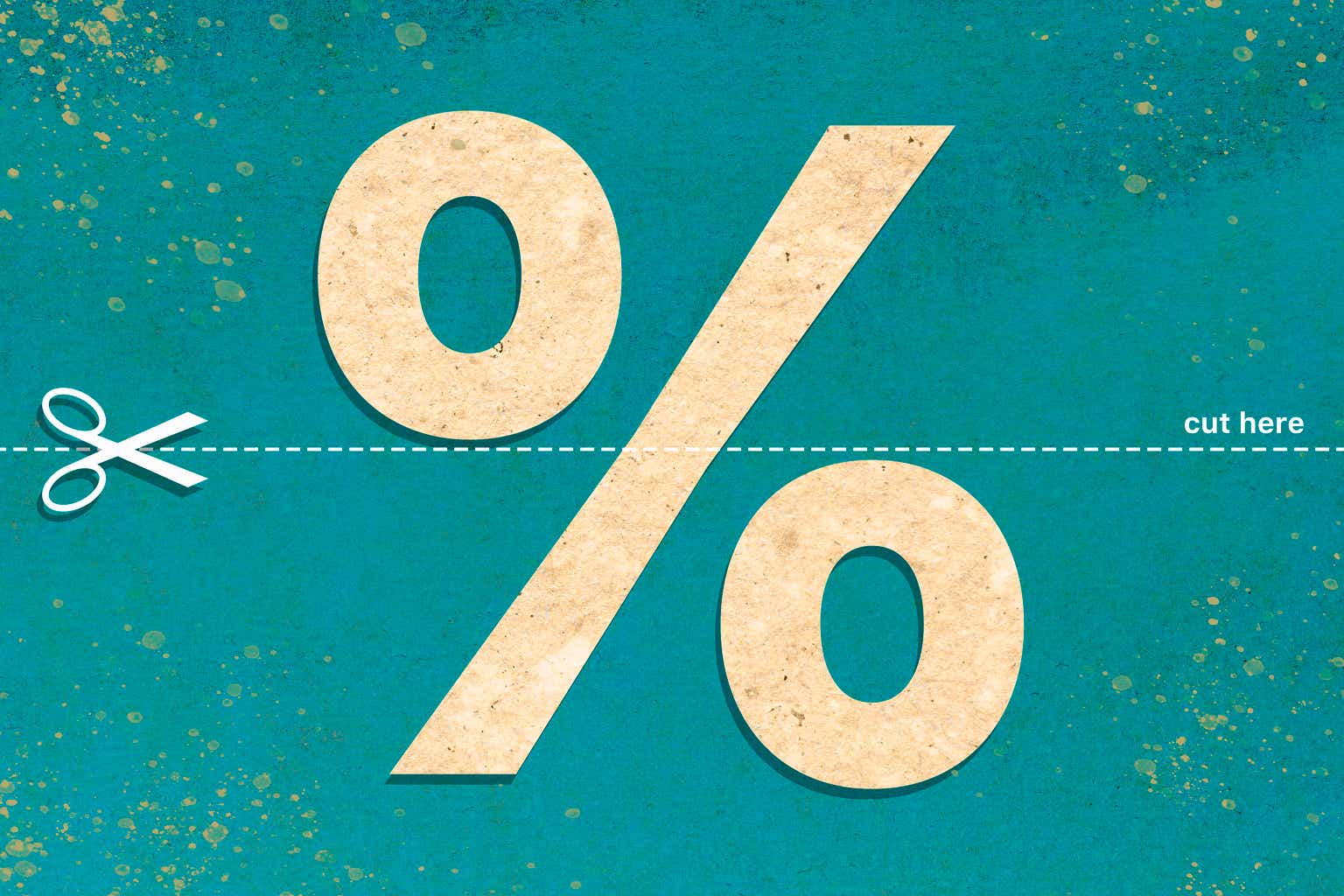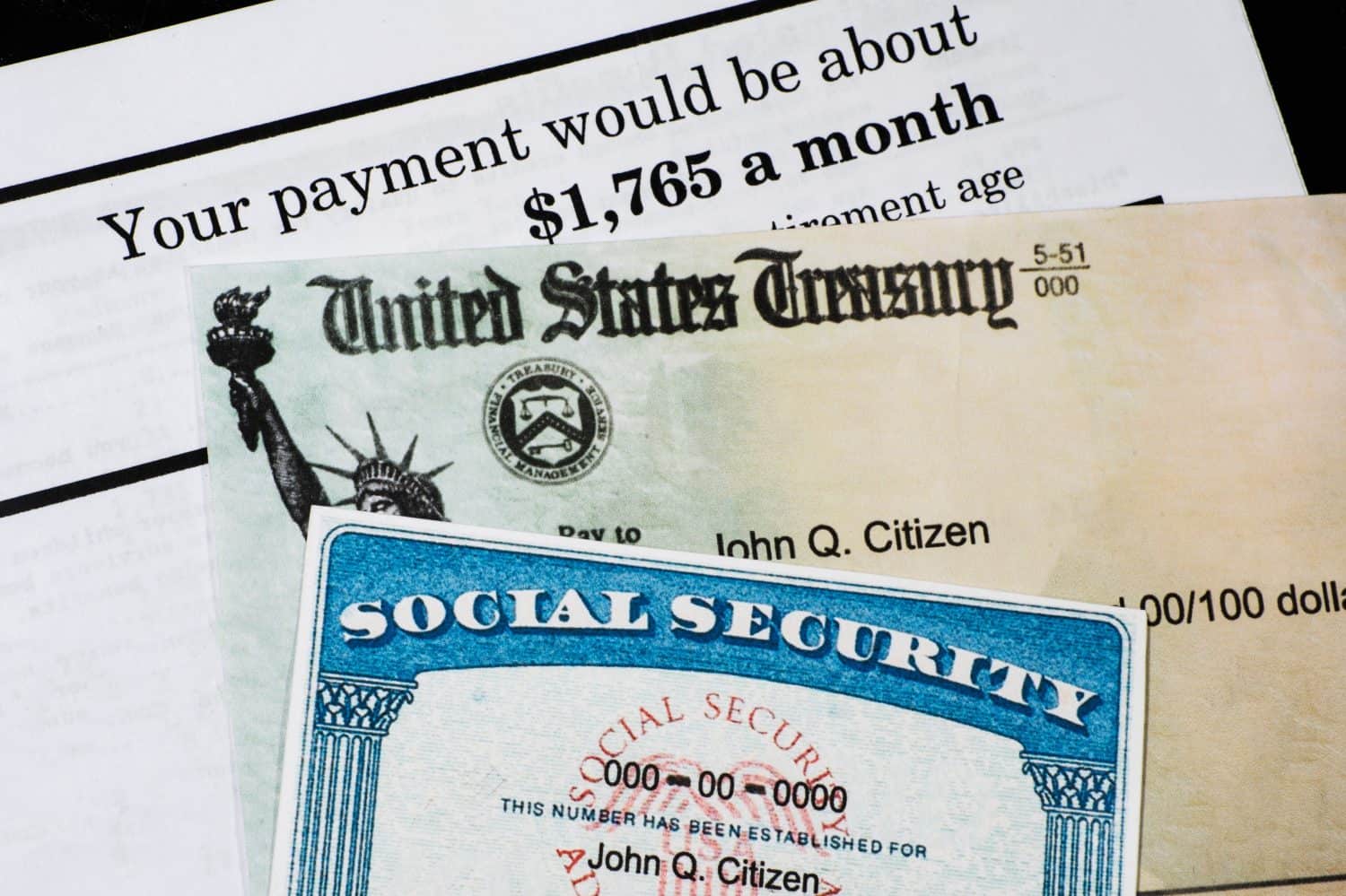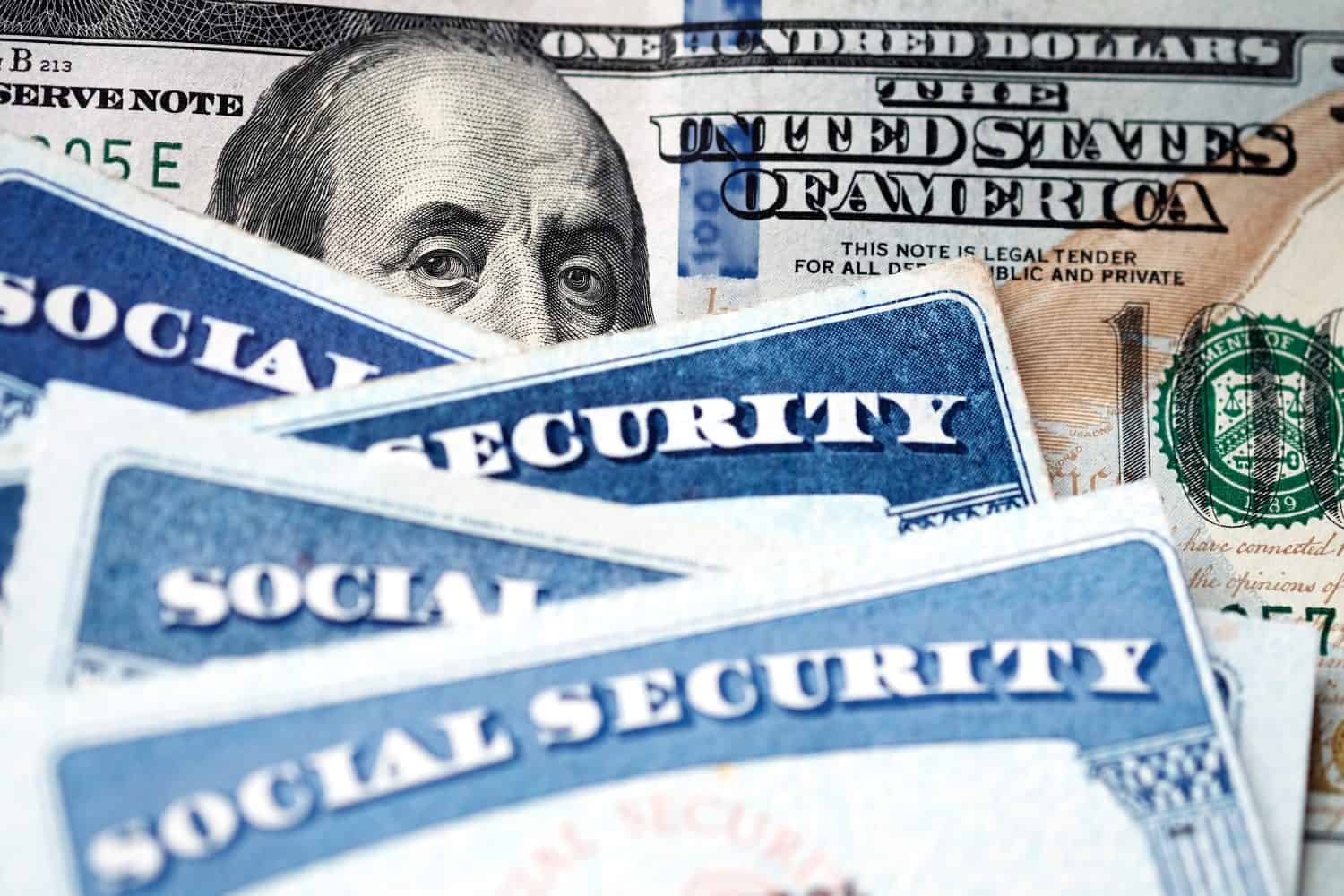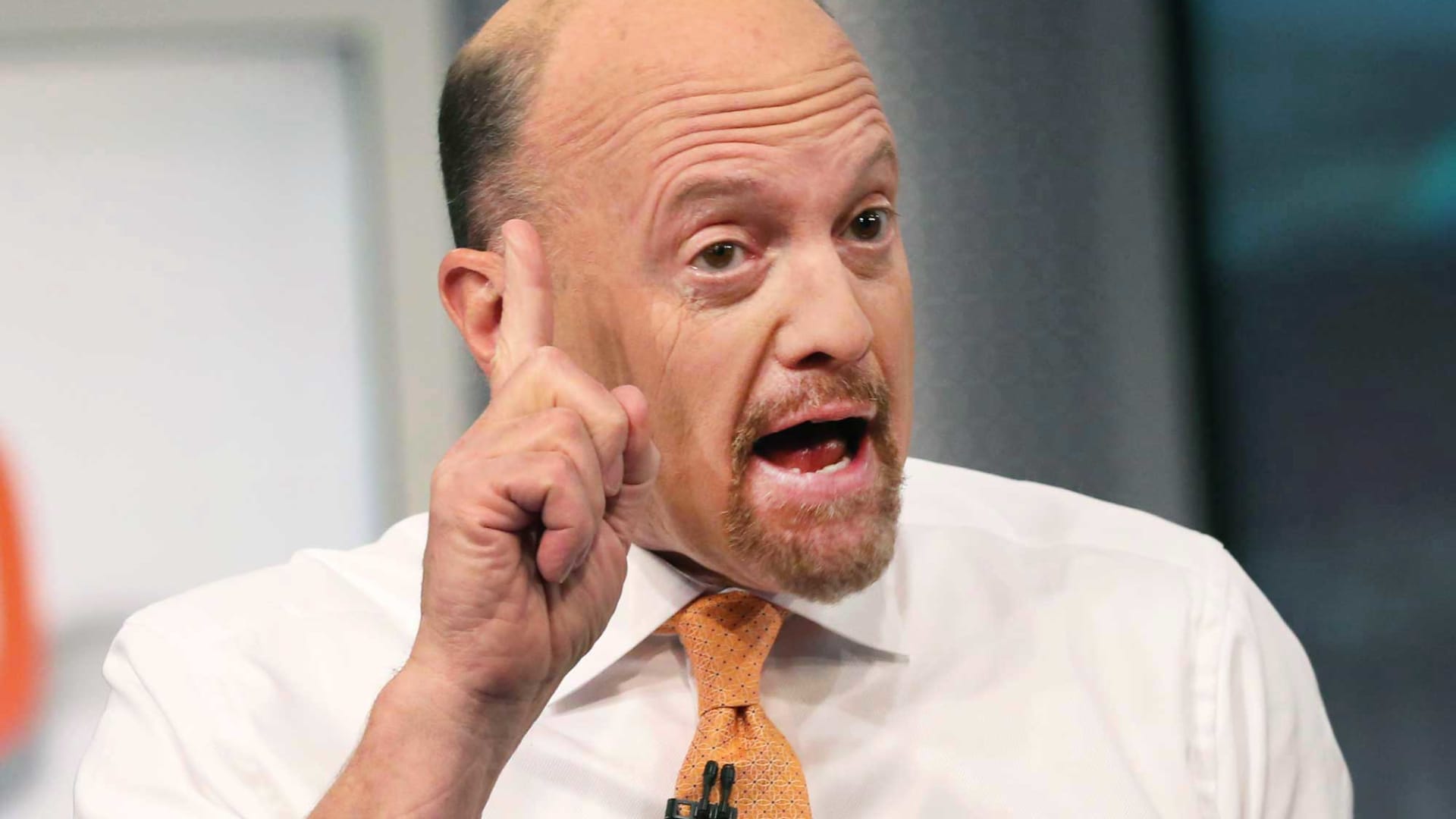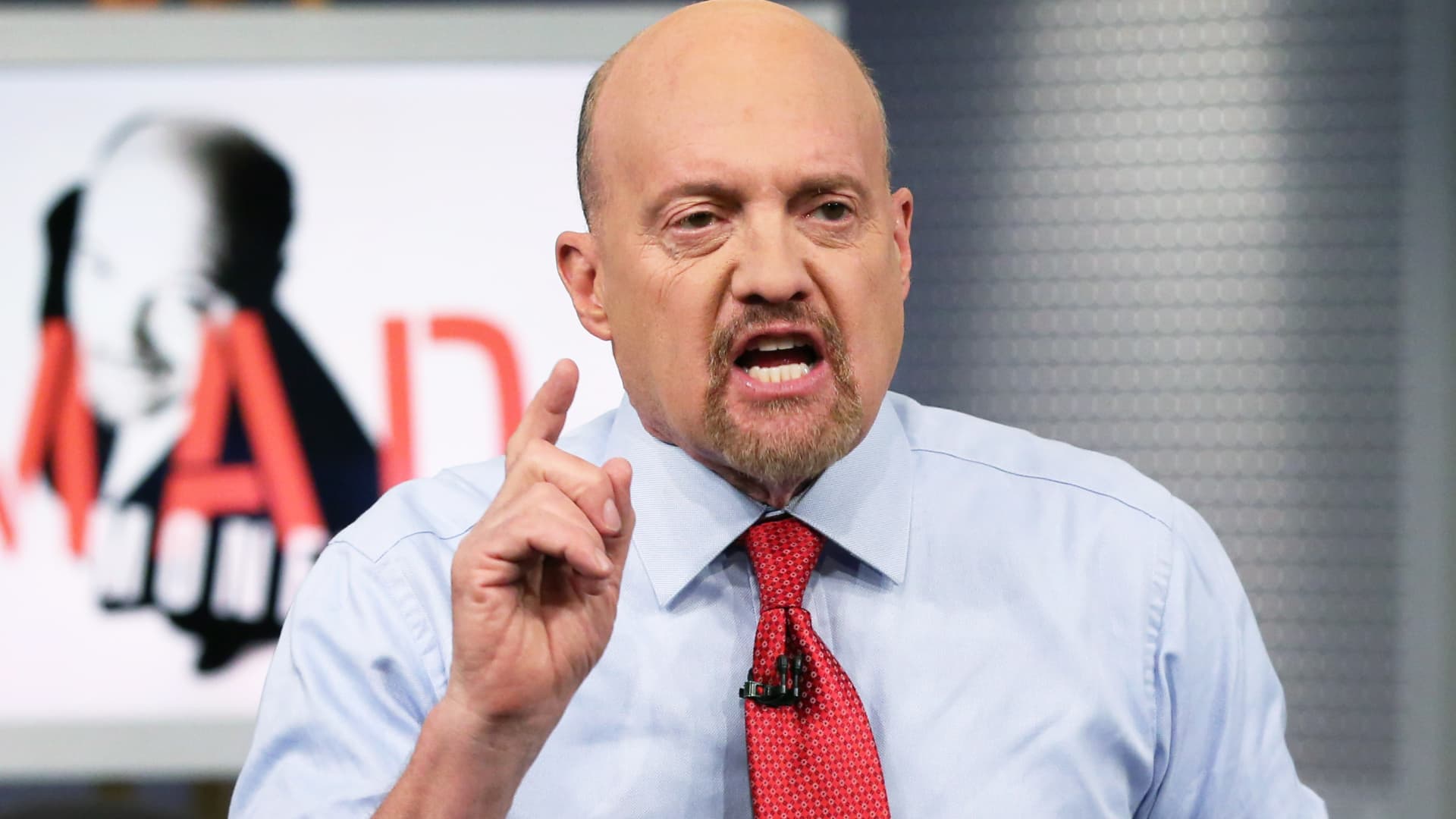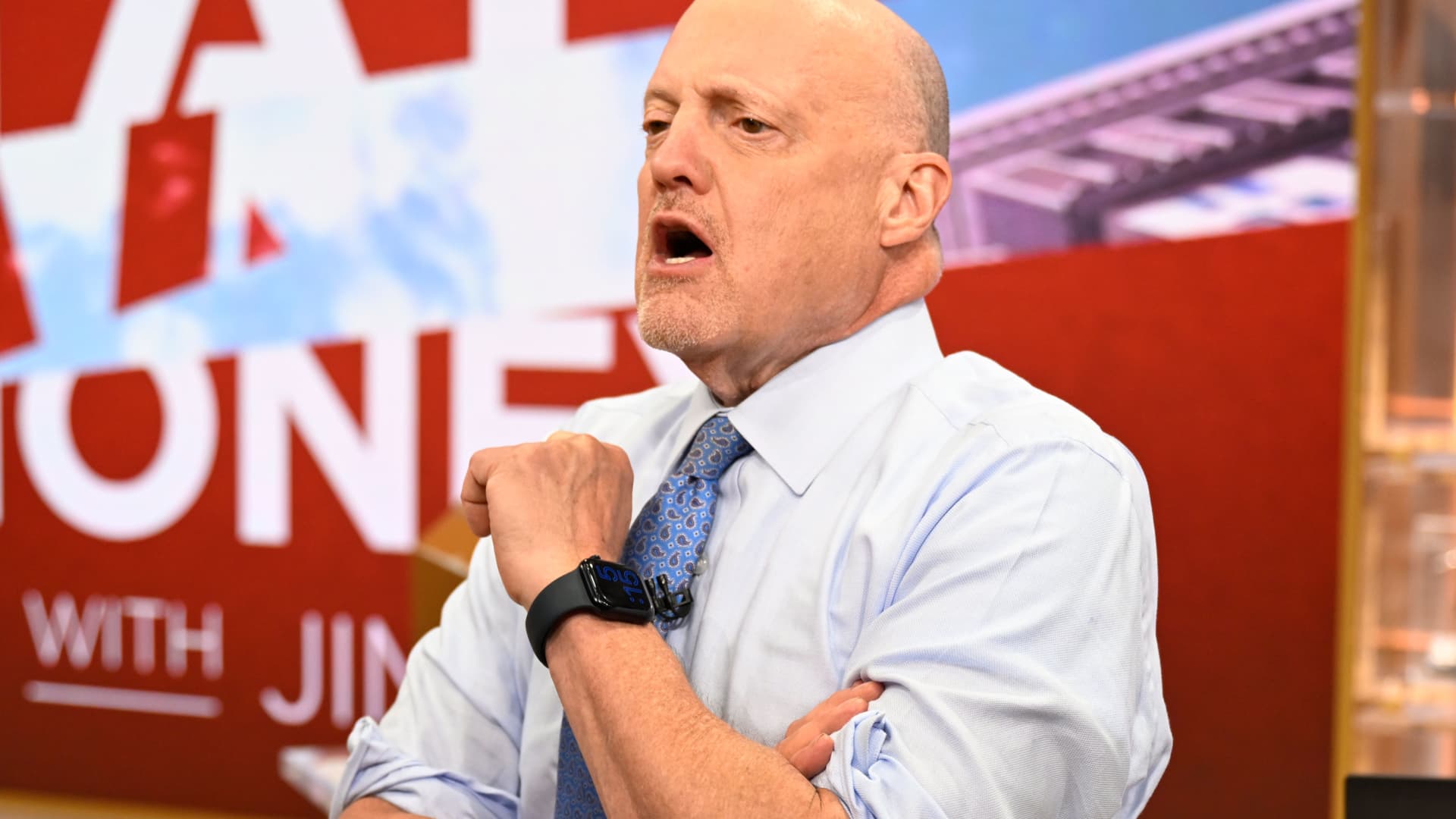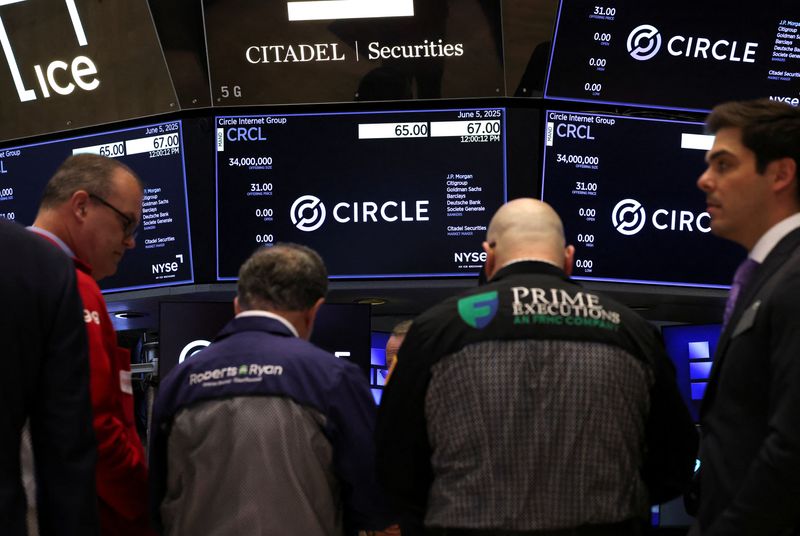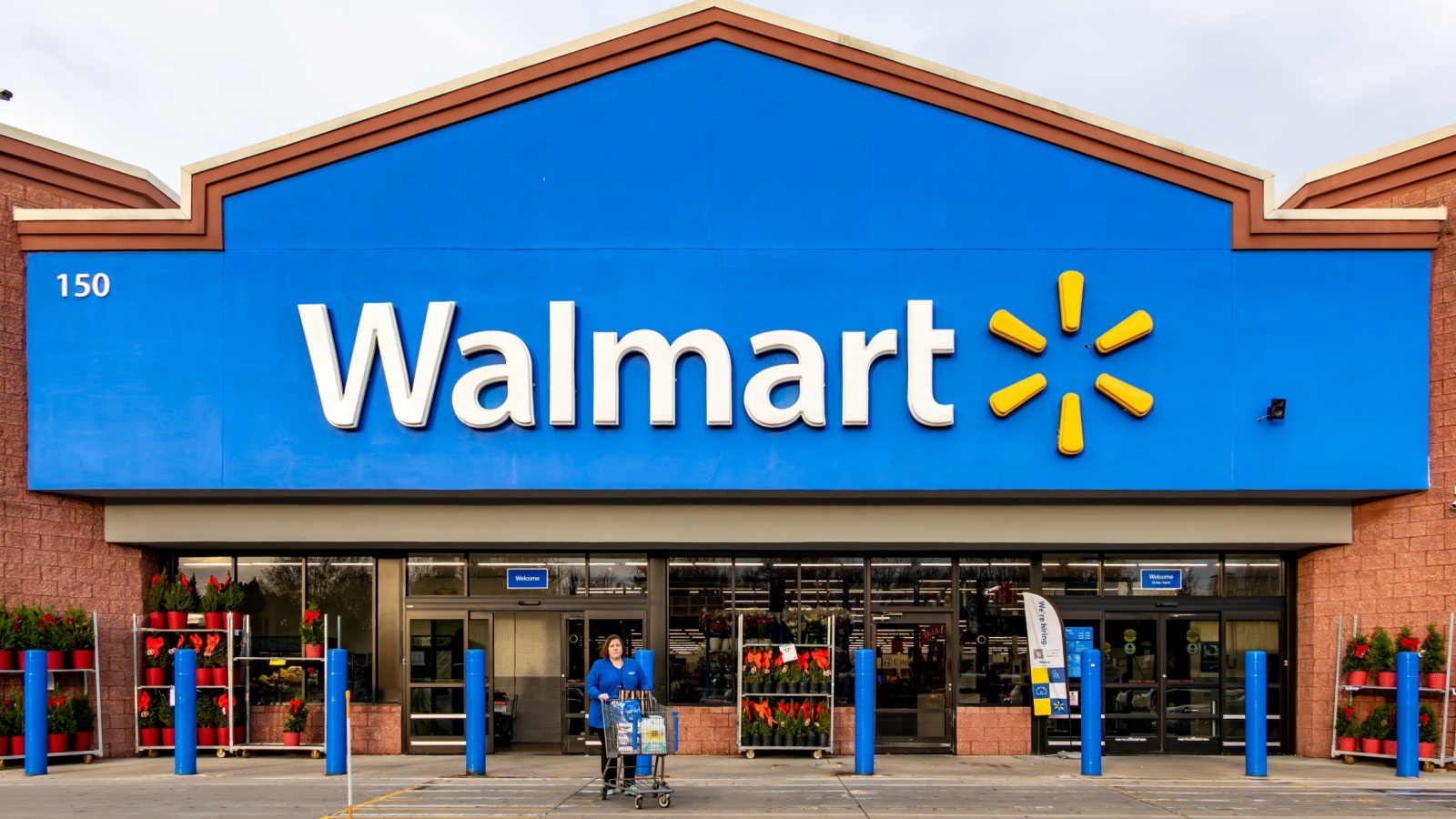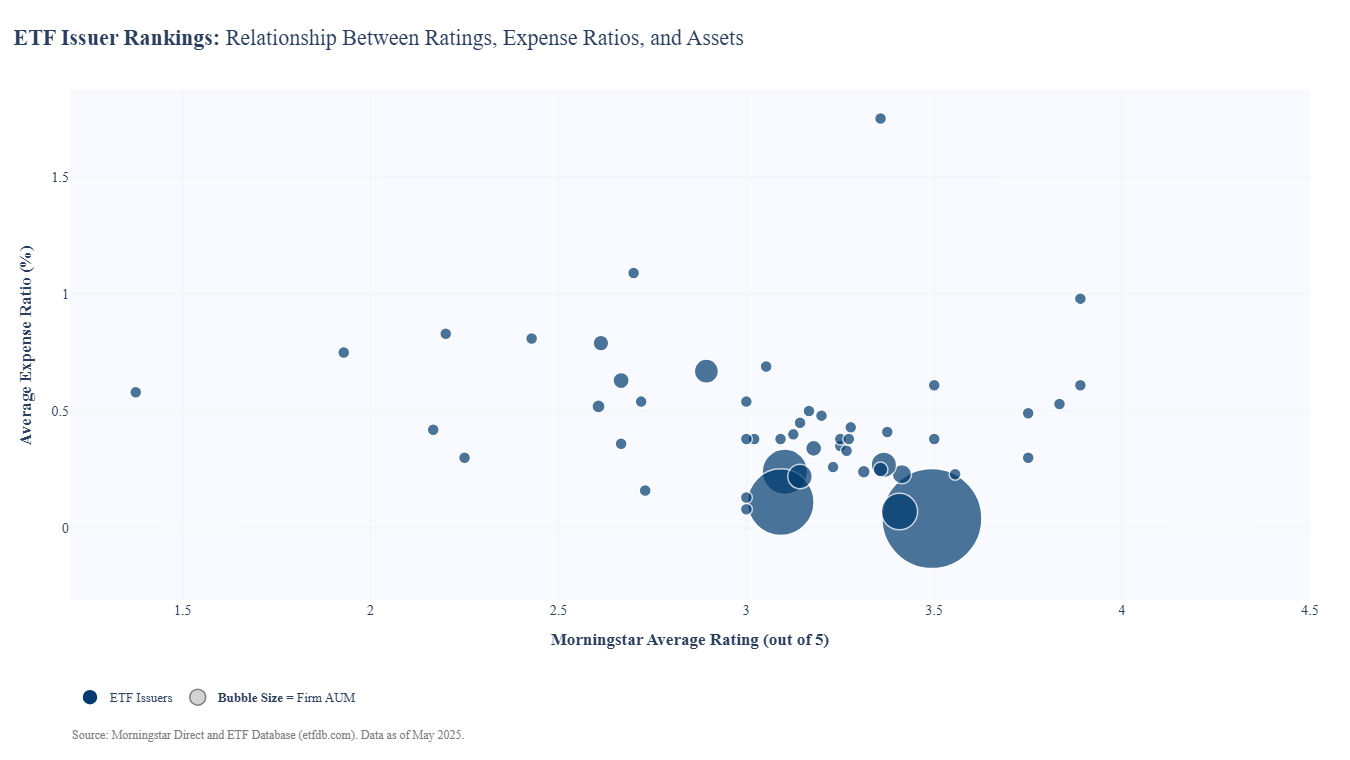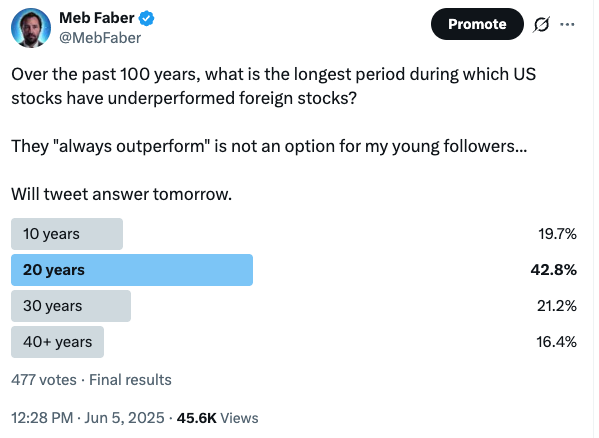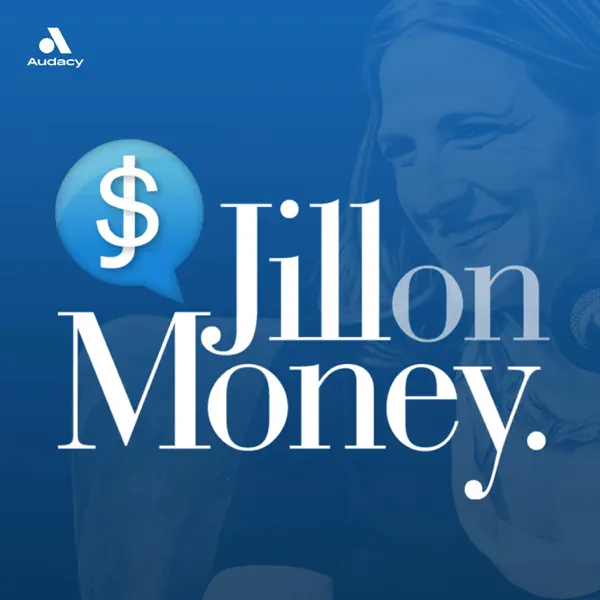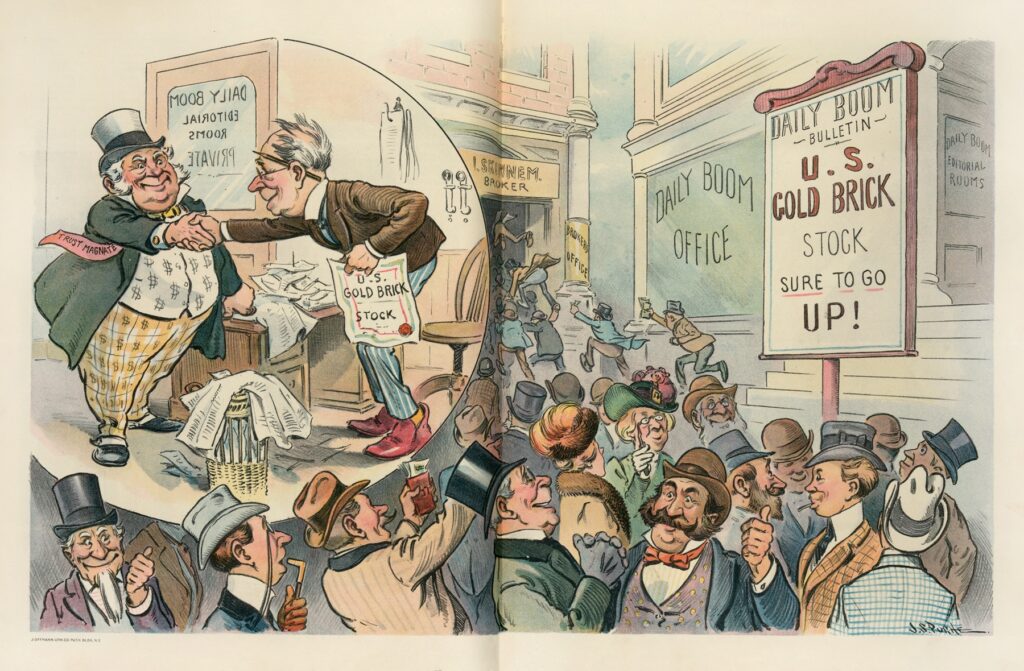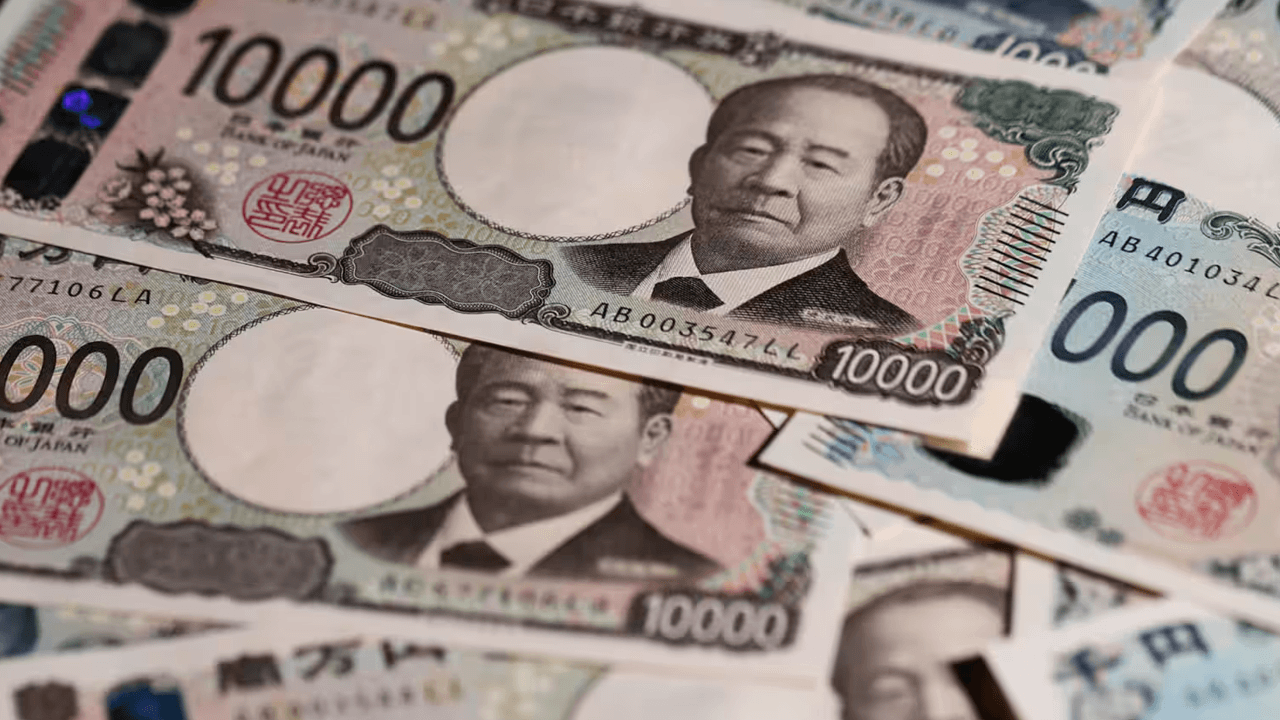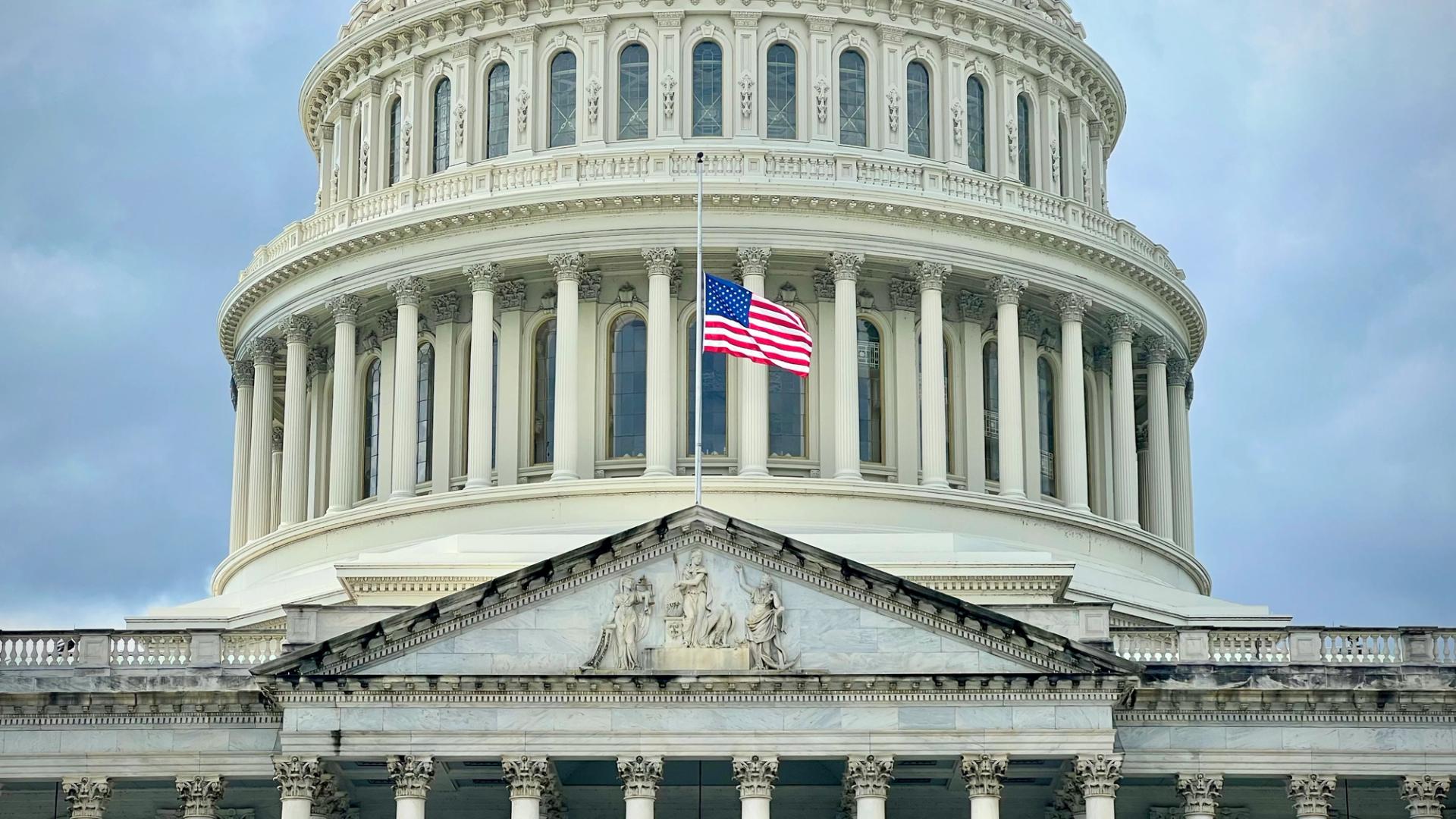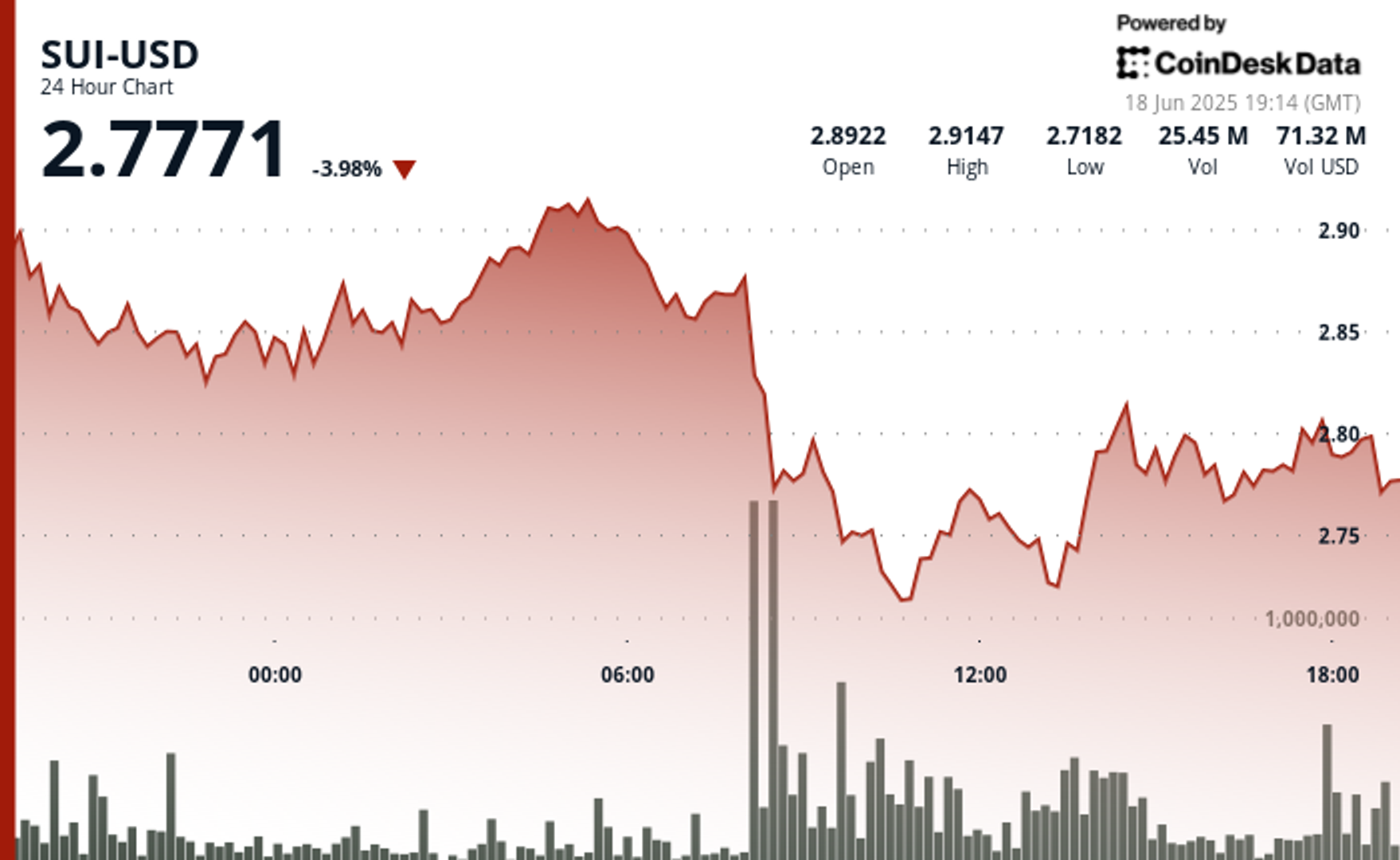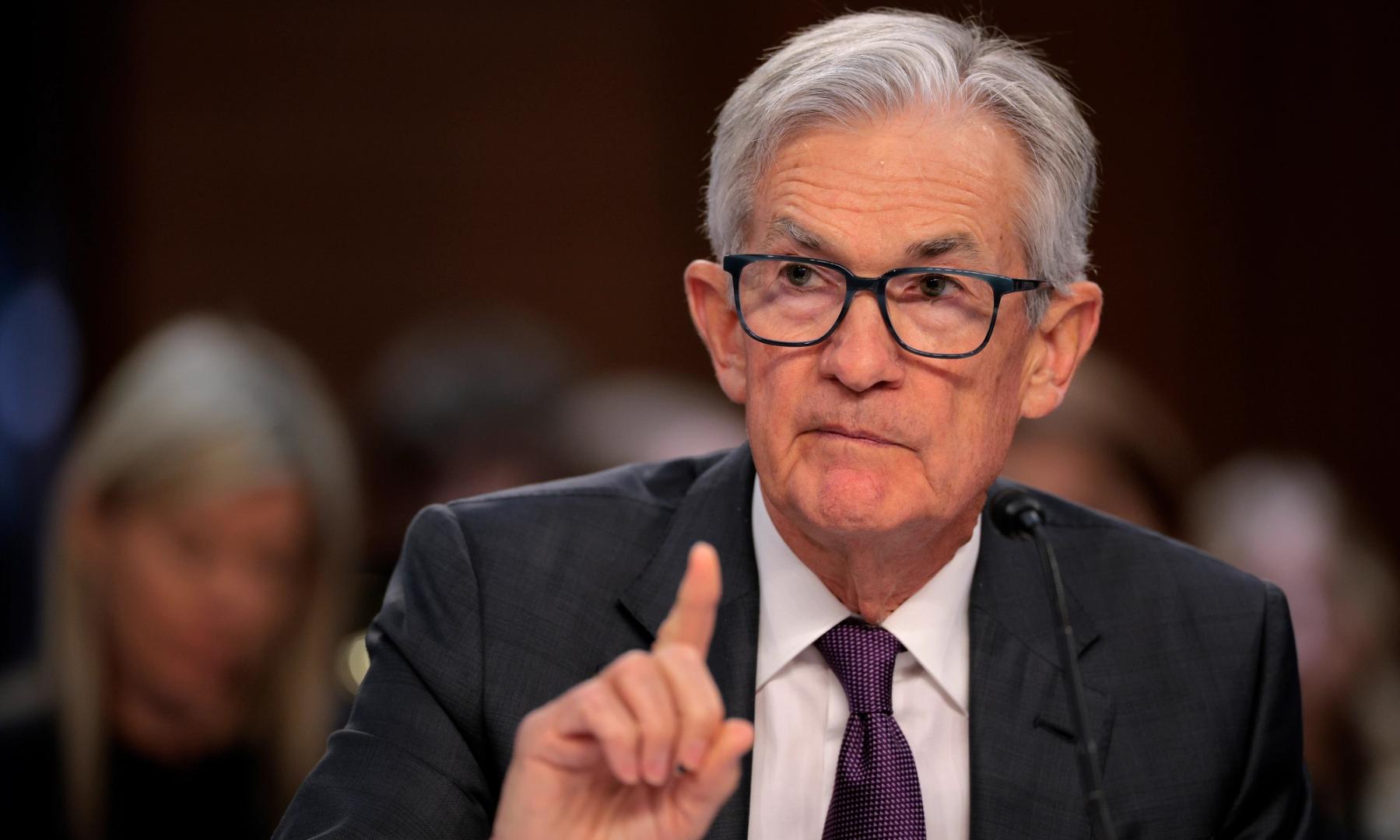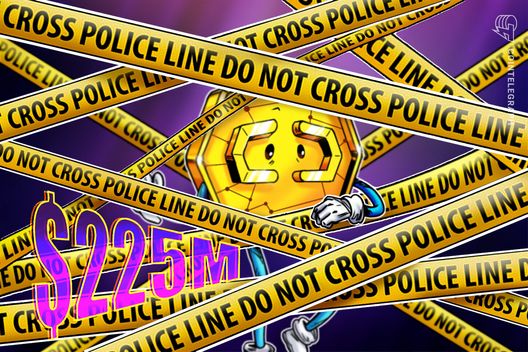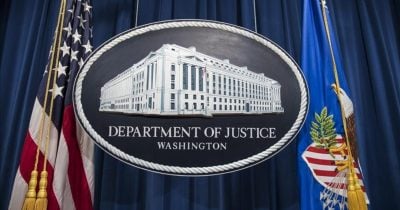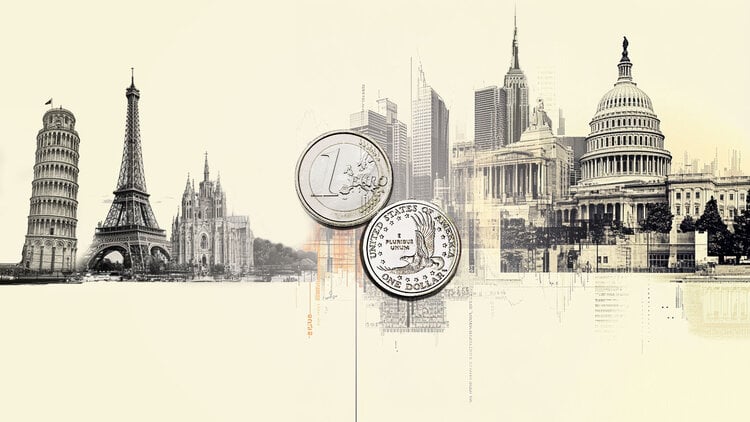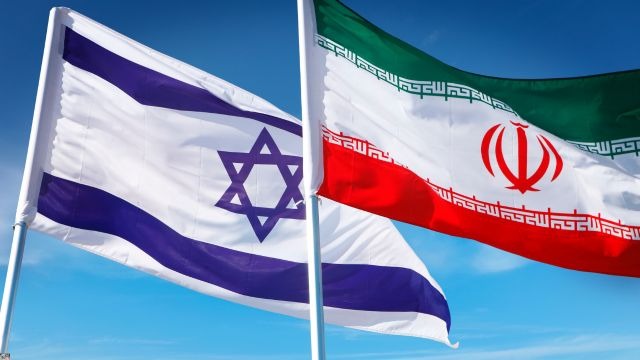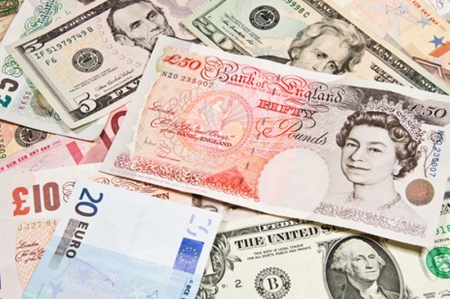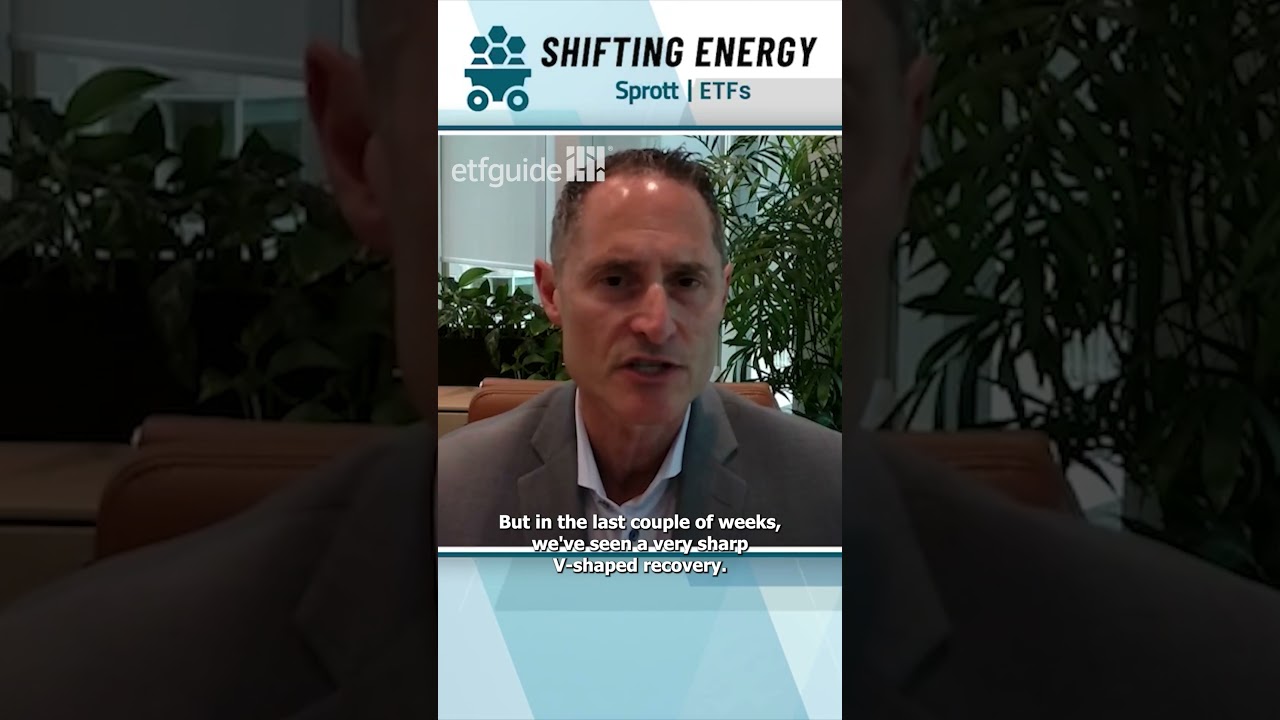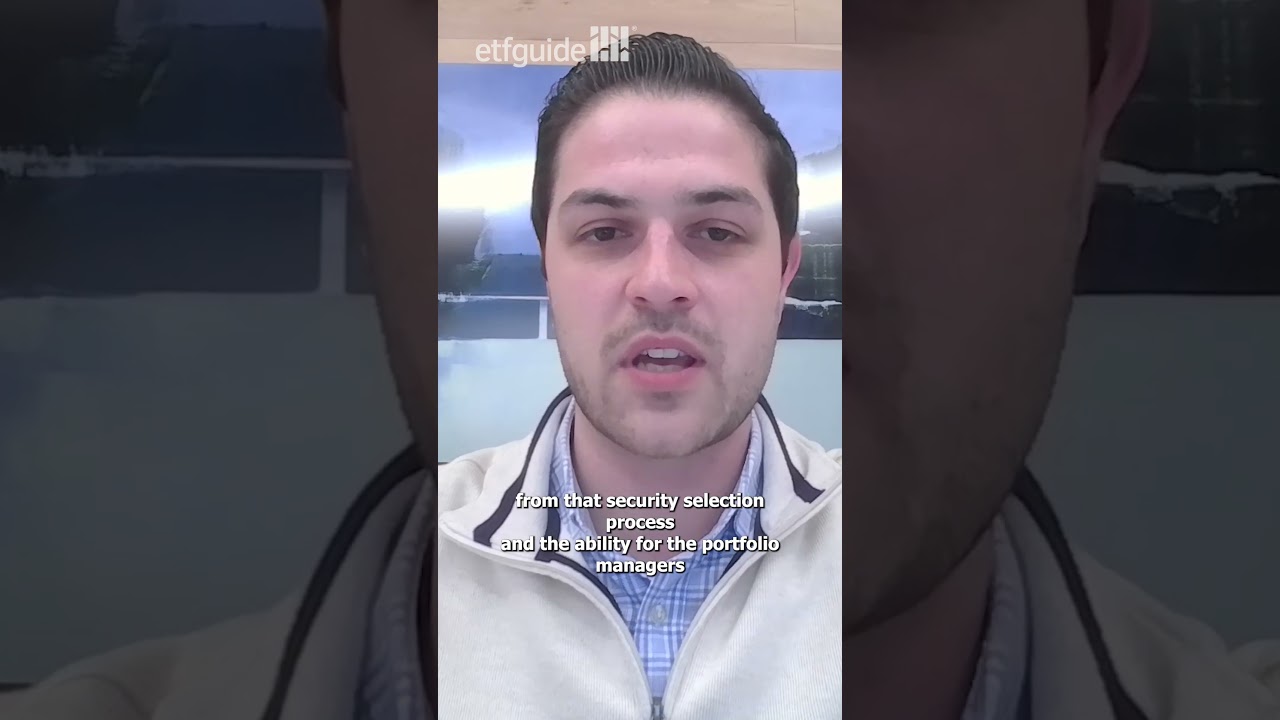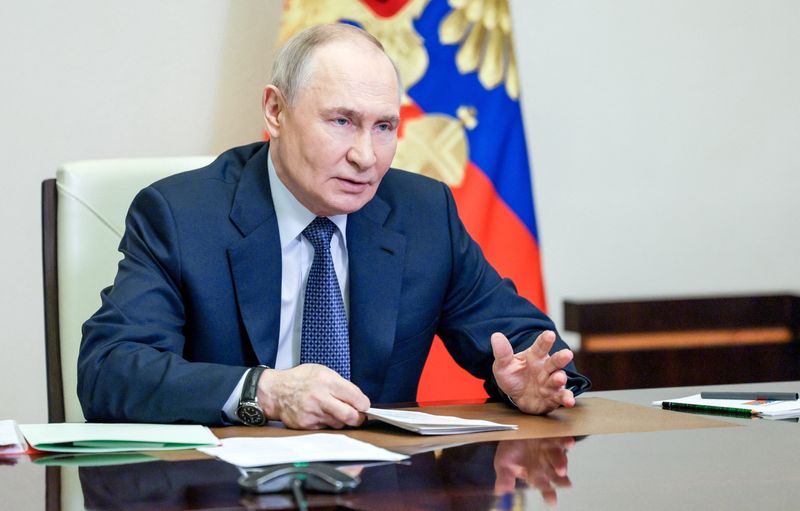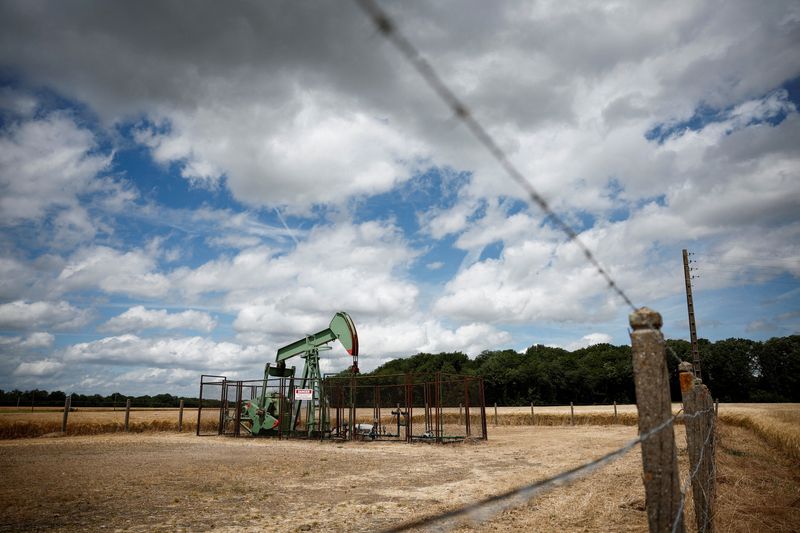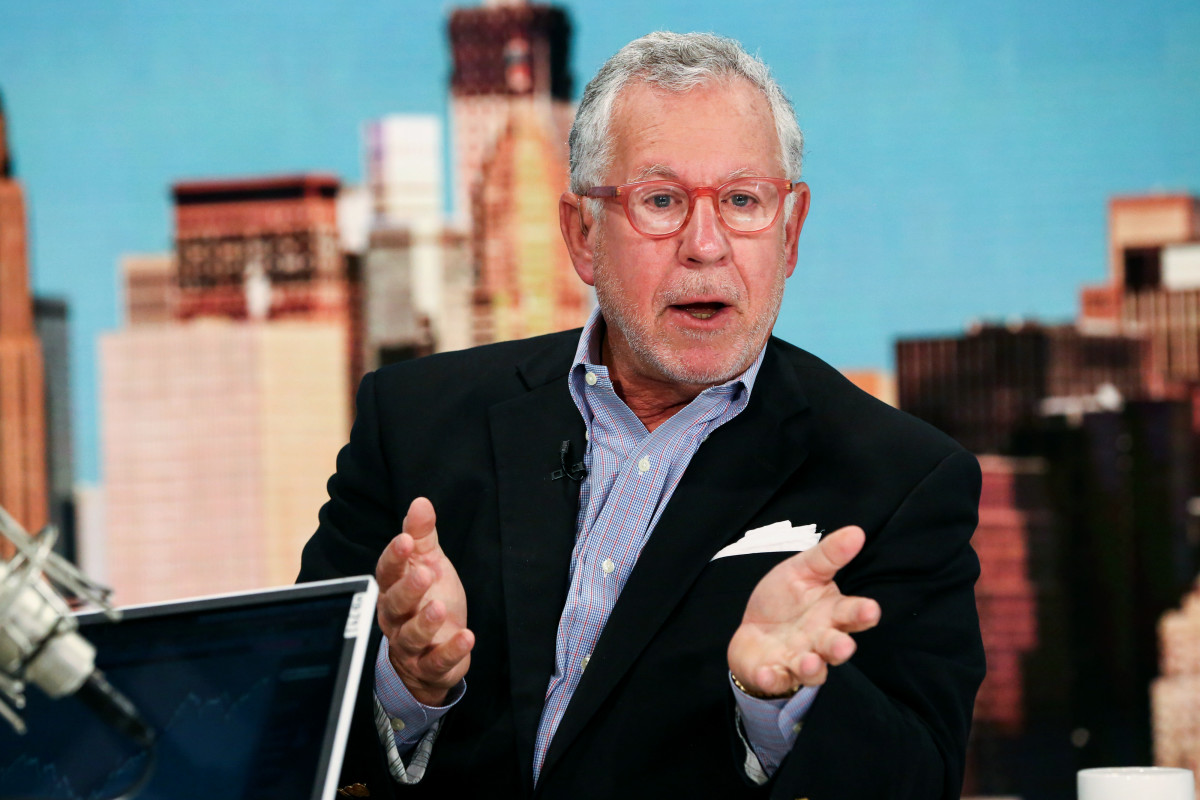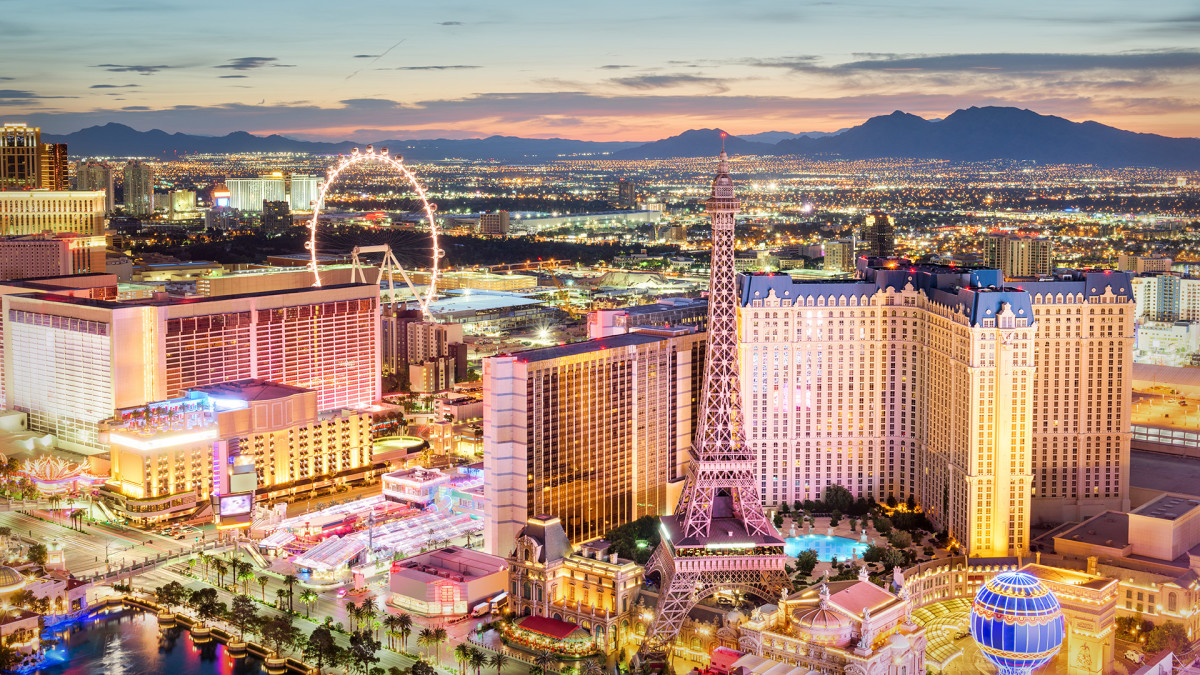White House secretly weighs raising national parks fees for some
The proposal made by the Trump administration was hidden in a 130-page document.
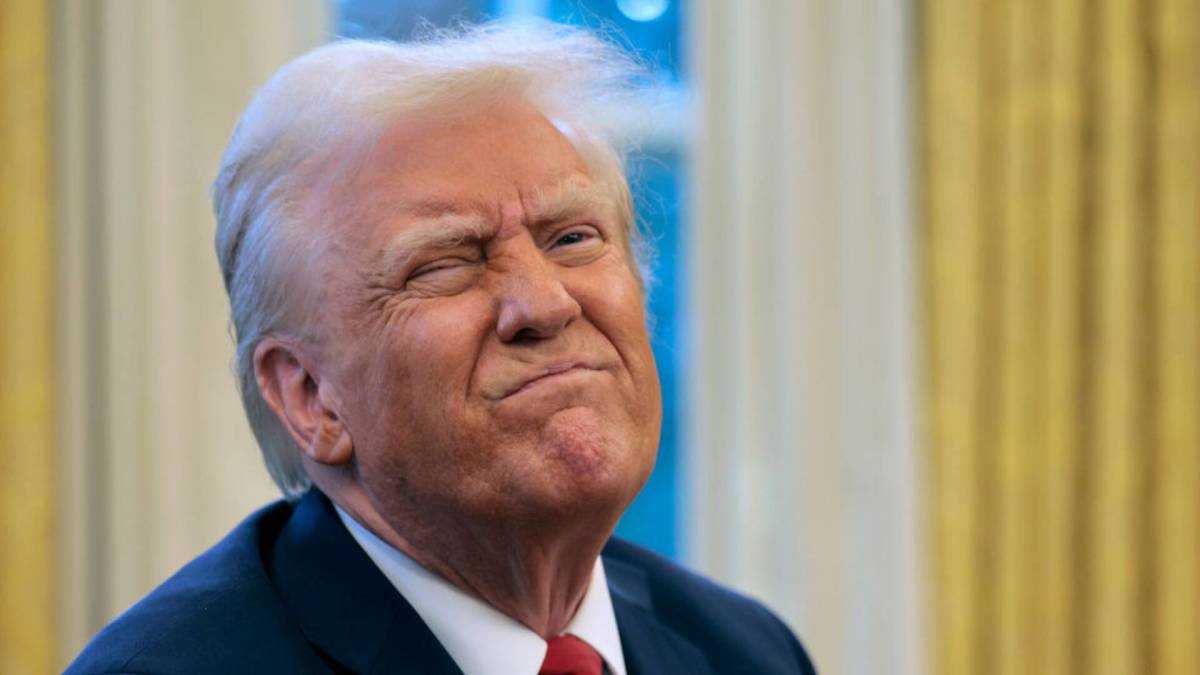
The National Parks Service (NPS) periodically increases the fees for visiting the country's 63 national parks.
After holding a period of public consultation earlier in the year, Grand Canyon National Park raised the cost of booking a campground slot by 65% as of last May while Utah's Zion, Maine's Acadia, Wyoming's Grand Teton, and Colorado's Rocky Mountain are just some of the national parks to also raise their entry prices in the last year.
In most cases, any vehicle that drives through these parks needs to pay $35 for a day pass. This cost can be brought down either by getting dropped off by a car that does not go further in or choosing from a range of weekly and annual passes.
Don't miss the move: SIGN UP for TheStreet's FREE Daily news
'Authorizes NPS to collect recreation fees at select parks'
Since the start of the year, the Trump administration has further targeted the NPS with job cuts that were later deemed illegal by a judge and a 2026 budget proposal that includes a $1.2 billion reduction in funding.
California outlet SFGate was the first to find something unusual deep within the 130-page document outlining plans to reduce the budget for national parks by over 30%. A small "recreation fee program" section says that the NPS has been authorized to start charging international visitors to the parks an additional "surcharge."
Related: National park defends 65% price hike for visitors
"This Act authorizes NPS to collect recreation fees at select parks and requires fee revenues be used to improve visitor services and enhance the visitor experience at those parks and throughout the National Park System," the section of the Interior Budget in Brief reads. "In 2026, NPS will establish a surcharge for foreign visitors that is estimated to generate more than $90 million to keep national parks beautiful."
The three-sentence paragraph does not specify when in 2026 the surcharge will come into effect, how much it will be or where it will be collected, but other sections of the budget proposal state that the government will "continue efforts [...] to increase effectiveness and efficiency for the benefit of American taxpayers." Image source: Facebook/Brian Gibbs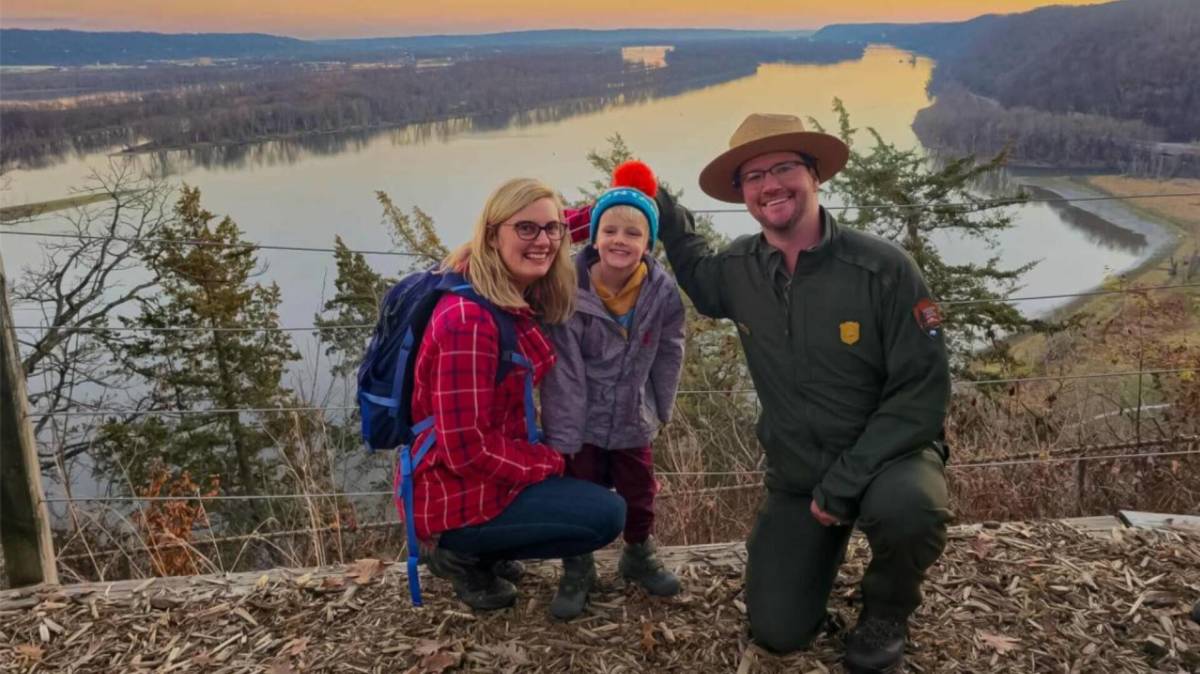
President Trump has waged a battle against national parks
There are no details on how the $90 million sum — how many visitors would need to be charged what amount for it to be met — was established, but NPS websites for different parks state that 80% of funding from existing entry fees goes toward "maintaining and improving facilities and visitor services" in the park where they were collected.
More on national parks:
- Now is the time to apply for permits for popular national park activity
- Multiple national parks warn of similar danger
- One of the biggest crimes committed in a national park is solved
The current administration's focus on "improving efficiency" by gutting funding to national parks has been criticized by both Democratic and Republican lawmakers over the impact to constituents who frequent them.
Local conservation groups said the cuts will affect everything from site cleanliness to wildlife management and emergency response to any accidents sustained by visitors.
"We want to have some discussions on it and exactly how it’s going to affect the park service and exactly what units the states are going to take over management," Mike Simpson (R-Idaho), who chairs the interior and environment subcommittee of the House Appropriations Committee, said to political outlet The Hill.
Related: Veteran fund manager issues dire S&P 500 warning for 2025

